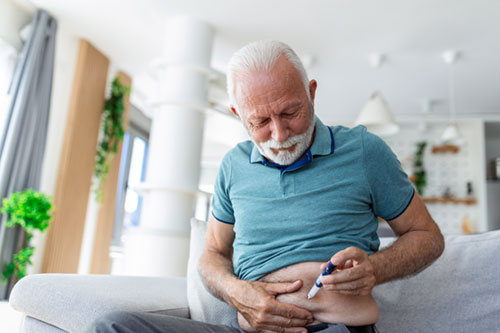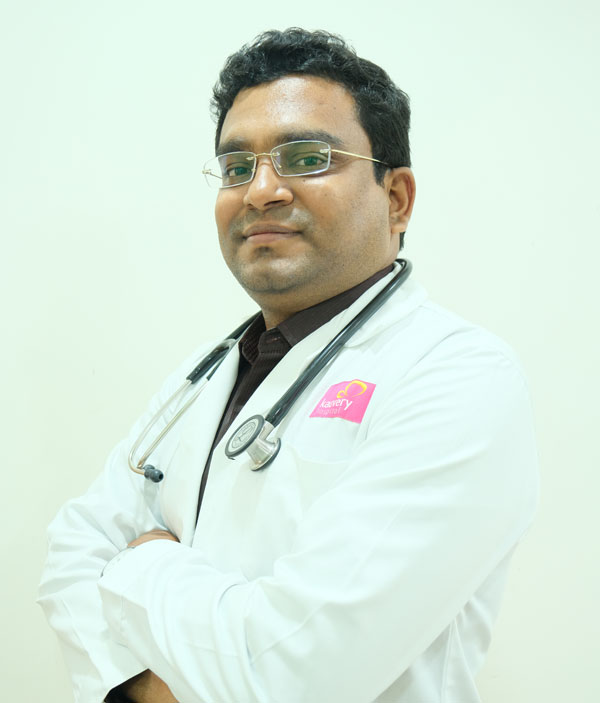Diabetes & the Elderly: Everything You Need to Know

Can elders get diabetes after 70 years?
Anyone can get diabetes at any age. In general, in the young people it is known as type 1 diabetes and in adults it is known as type 2 diabetes.
Do they need to follow the same HbA1c values at 80 years or do they relax on general values?
HbA1c gives three months’ average of blood sugar levels. In older adults, the general values don’t apply. The target HbA1c varies from individual to individual, depending on their functionality and associated long-term medical conditions.
Do we start on anti-diabetic medication immediately?
Depends on the blood sugar levels. Overall, lifestyle modifications like diet advice, exercise, weight reduction and sleep issues need to be addressed. They will be closely followed up. If there’s a rise in sugar levels and no improvement over a period, then medicines will be started.
Do diabetic medications need to be taken after food in elders?
Most of the medicines should be taken after food. Some formulations of insulin and some medicines should be taken before food.
Do elders have a higher risk of hypoglycaemia?
Older adults comparably have a higher risk of hypoglycaemia due to various factors like altered metabolism of medicines, reduced food intake, etc.
How do elders follow diet advice when alone at home?
Upon consultation with a dietician, simple food preparation can be made or easily available local fresh produce can be prepared. Proportion of vegetables and fruits in the plate can be increased.
Sometimes, elders don’t remember whether a dose has been taken. What’s your advice?
It’s usual in old age. Forgetting one of two doses of medicines (except insulin in few patients) is okay. Older adults are advised to use labelled pill boxes to ensure the doses of medicines to be taken. It will also help prevent taking more tablets and overdosing also.
In case of overdose, what will be the immediate symptoms?
Overdosing varies with formulations. Commonest of all will be low sugar levels, giddiness, confusion, falls, racing of heart, etc. In such cases, it is advisable to visit the nearest hospital.
How often should they monitor their blood sugar levels?
In older adults with uncontrolled sugar levels, it is prudent to follow the physician’s advice. Otherwise, weekly twice or thrice will be enough apart from monitoring during the recommended follow up tests for follow ups.
What is the risk of high sugar levels in elders?
Sometimes, older adults do get high sugar levels mostly due to non-adherence to the treatment, defaulting to take the pills, sometimes due to infections, pain, sleeplessness, etc.
For long-term patients with a diabetic condition, when they become aged, what is the advice on lifestyle?
To follow the same lifestyle and check for complications like vision, kidney function, nerve disease like tingling, numbness, stomach problems, etc.
What is the geriatric advice for diabetes?
Diabetes is a lifestyle disease, can be managed and treated. It can be done through lifestyle changes along with medicines. Remission is possible when the age is well-advanced like the oldest old (85+ years) due to various changes in the physiology. Research showed remission in very select type of people, though 45% of the population relapsed within a year. Some of them needed insulin for initial control. If you have any queries regarding the treatment or medicines, kindly contact your doctor.
Kindly follow the medical advice given.

Dr. Manicka Saravanan S
Consultant Geriatric Medicine
Kauvery Hospital Chennai

